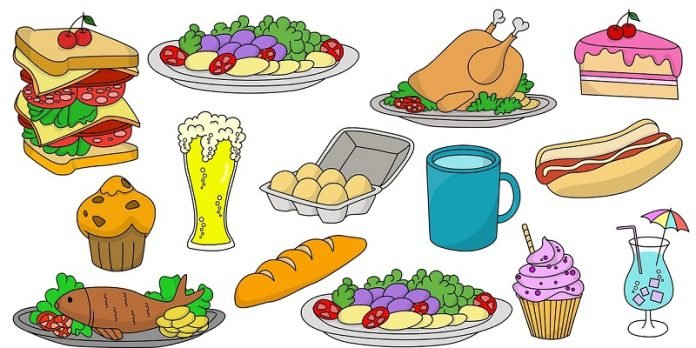
In a new study, researchers found that people who have obesity can get more satisfaction from their food.
This satisfaction may lead to overeating. The research was conducted by a team from the University of Iowa.
Obesity is a major public health problem. Thirty percent of the US population is obese, and obesity-related health problems (diabetes, hypertension, etc.) are increasing.
There are many causes of obesity, but unhealthy eating habits play an important role, especially decisions about what foods to eat and how much to consume.
Previous research has shown that taste perceptions may lead to overeating.
If people with obesity have different taste perceptions than people with normal weight, it could lead to a better understanding of obesity and possibly designing a new method to prevent obesity.
In the study, the team tested 290 adults (161 with normal BMI, 78 considered overweight, and 51 considered obese).
Participants were offered and rated one piece of chocolate at a time in a controlled environment and could eat as much as they wanted without feeling uncomfortable.
They consumed between two and 51 pieces. The team measured people’s taste perceptions.
They found a link between taste from food, specifically chocolate, and BMI.
Typically, the appeal of a specific food may decline as more of that food is eaten: the first bite of chocolate is better than the 10th.
As anticipated, the researchers found that ratings generally went down after each piece of chocolate consumed with no significant difference in taste perceptions between normal and overweight participants reported.
However, participants with obesity had higher levels of initial taste perception, rated subsequent pieces higher than their counterparts without obesity, and their ratings declined slower.
The study further showed that obese people needed to eat more chocolate than non-obese people to experience a similar decline in taste perceptions.
These findings suggest that obese people can get more satisfaction from their food. This may help explain why they eat more than others.
The team says manipulating taste perceptions, in addition to targeting nutritional awareness, may be crucial to preventing obesity.
The lead author of the study is Linnea A. Polgreen, Ph.D., Department of Pharmacy Practice and Science, University of Iowa.
The study is published in the Journal of the Academy of Nutrition and Dietetics.
Copyright © 2019 Knowridge Science Report. All rights reserved.



